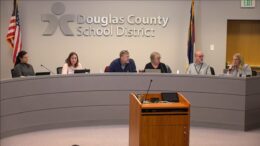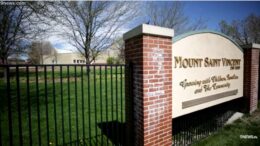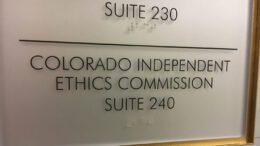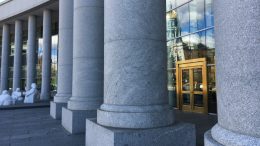Judge: 9NEWS anchor must be allowed to inspect CORA request for Douglas County teacher sick-out records
The Douglas County School District must let 9NEWS anchor Kyle Clark see a Colorado Open Records Act request that sought the names of teachers who called in sick Feb. 3 to protest actions by majority members of the school board, a judge ruled Thursday.








